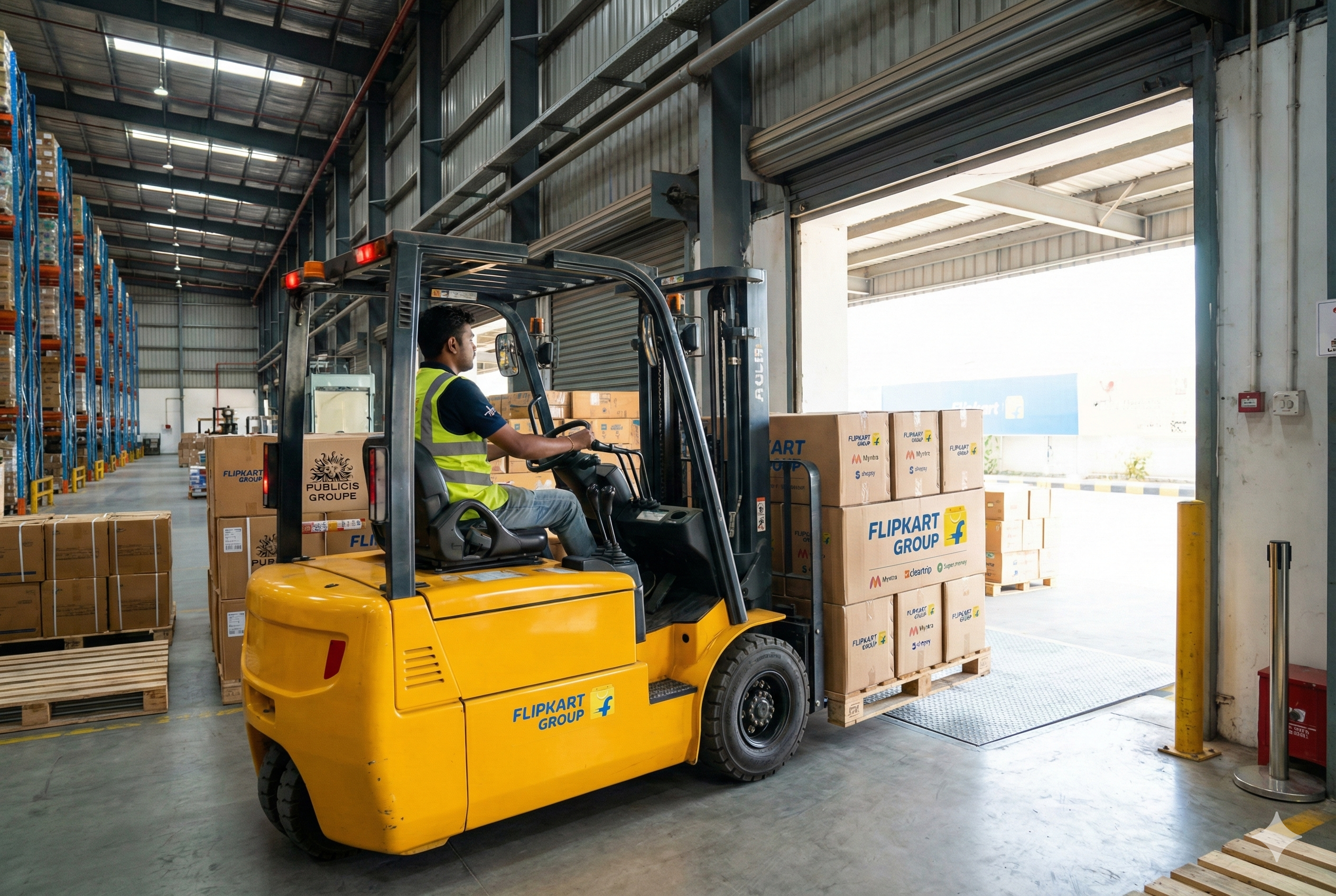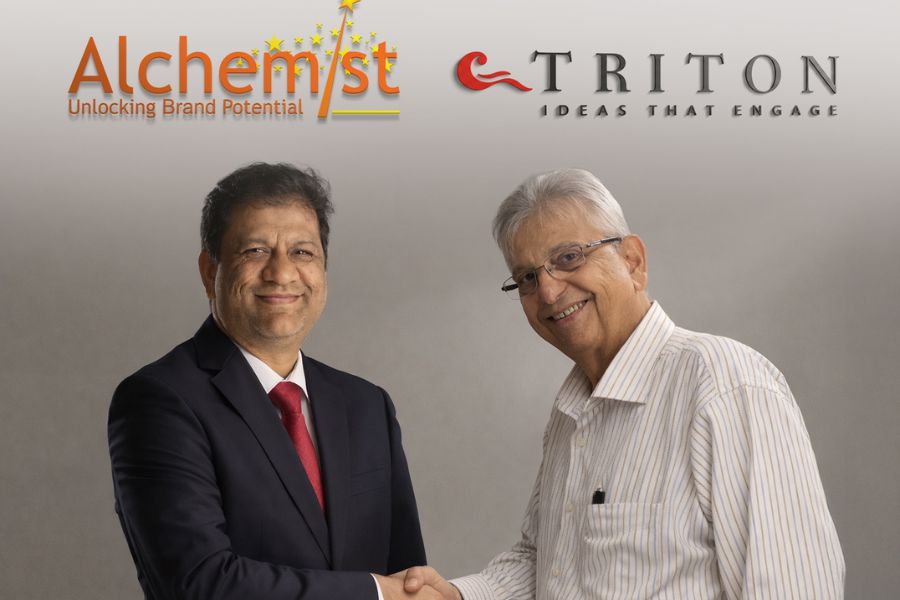Nearly 71% of CMOs plan to invest more than $10 million annually in generative AI (GenAI) over the next three years—up from 57% last year. This was revealed in a report titled ‘How CMOs Are Scaling GenAI in Turbulent Times’, released by Boston Consulting Group (BCG).
The report is based on an annual global survey conducted between April and May 2025 by BCG involving the responses of 200 CMOs across Asia, Europe, and North America. The survey found that the optimism among CMOs about GenAI has risen each year—from 74% in 2023 to 83% in 2025—while concerns have declined rapidly.

“The real impact of GenAI can be seen in personalisation at scale, accelerating content velocity, especially across immersive formats like video, and reimagining end-to-end customer journeys. There is a clear need to strengthen measurement and build internal capabilities. It’s encouraging to see B2B marketers leading the charge in areas like AI agents, custom product descriptions, and predictive analytics—reflecting a clear intent to integrate GenAI into both, strategic planning and operational execution,” said Parul Bajaj, India leader – marketing, sales, and pricing, BCG.
While one-third of CMOs reported improvements in customer experience and content quality, fewer reported efficiency gains due to generative AI. However, nearly 60% of CMOs expect GenAI to boost revenues by 5% or greater in their focus areas.
While over a third of CMOs report improvements in customer experience, content quality, and volume, thanks to GenAI, fewer CMOs than last year cited efficiency gains from increased productivity and the elimination of manual work.

Mark Abraham, a BCG managing director and global leader of the firm’s personalisation business, said, “GenAI is becoming embedded in the marketing function. Even in the current turbulent macroeconomic environment, we are seeing CMOs invest in shifting from isolated pilots to scaled GenAI use cases, enhancing personalisation and marketing operations.”
The survey found that while CMOs can be seen exploring new possibilities for GenAI, they are likely to prioritise investments in pilot areas such as immersive media and video content creation, AI-powered personalisation, and agentic AI. With 30% of CMOs identifying video generation as their next focus area, it has emerged as the next frontier in content creation.
The CMOs surveyed described product recommendations, outreach timing, and next-best content as areas they have fully scaled already. Aspects such as personalised offers, churn prediction, and audience optimisation are seen by them as the next pilot wave. A few leading marketers informed that by scaling personalised offers, they were able to generate 3x higher returns than those of mass offers.
With AI agents deemed reshaping marketing workflows, especially for B2B companies, nearly one-third of B2B CMOs and even one-fourth of B2C CMOs said they considered AI agents as a high investment priority.

When asked how they were prioritising funds to enhance the digital customer experience, CMOs ranked the use of GenAI to measure marketing ROI as the last on their list. Many were found relying on previous investments in first-party data collection while underinvesting in the measurement of marketing ROI.
With GenAI talent being short in supply, CMOs were seen sustaining investment in talent development. Many said they were upskilling their teams with hackathons, AI incubator studios, and hands-on demos, instead of relying on external hires.
Lauren Wiener, a BCG managing director and global lead for the firm’s marketing practice, said, “What separates the winners is a commitment not just to scaling the technology, but to empowering the people who use it. Those CMOs investing in tools and talent are the ones rewriting the playbook.”




